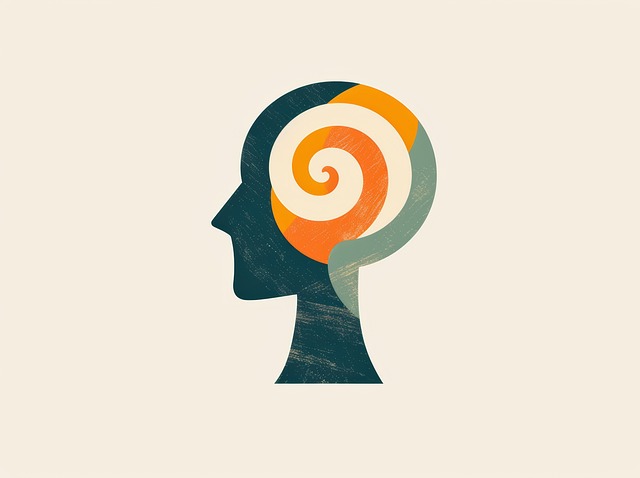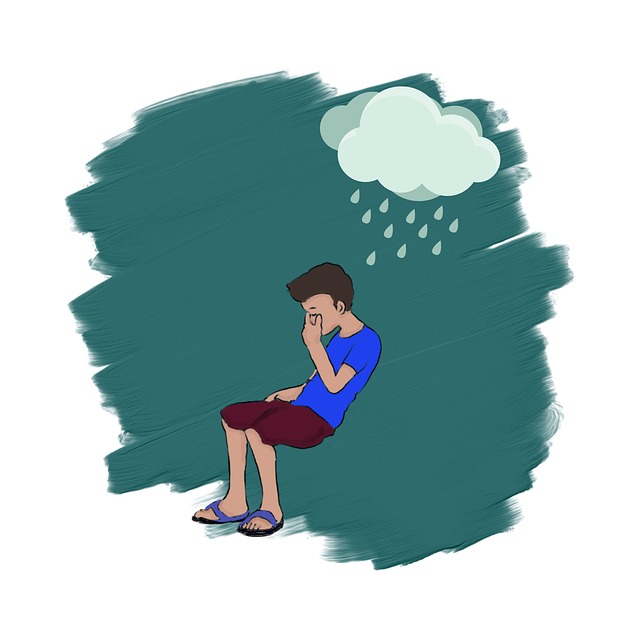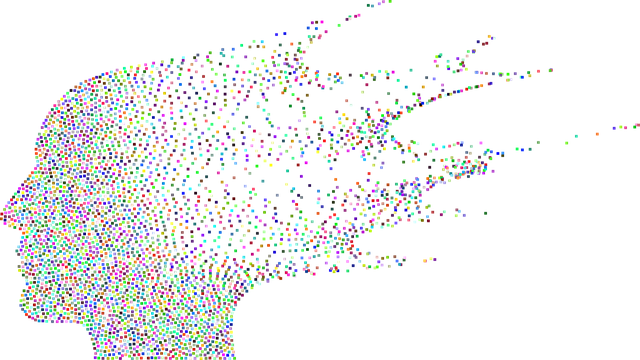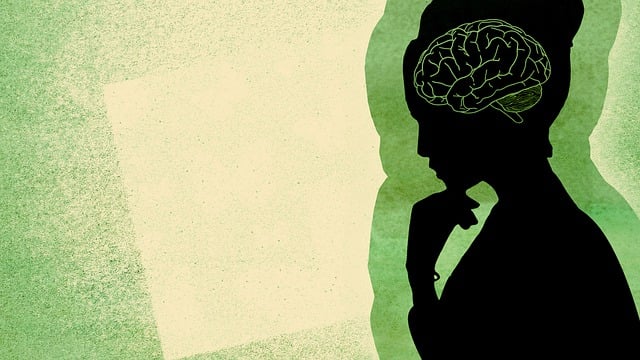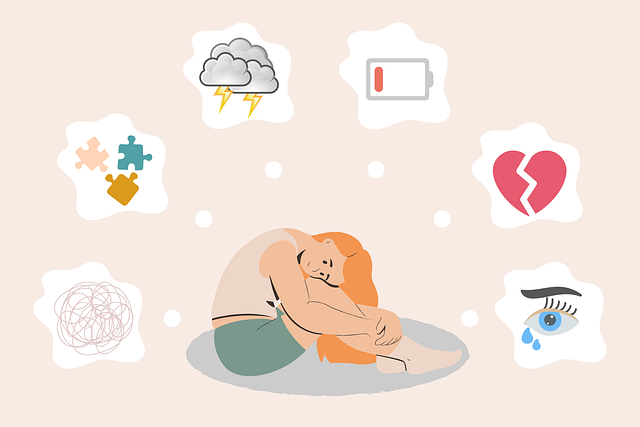Dissociative Disorder in elders is often overlooked, causing severe impacts on daily life and mental health. Early identification and Cognitive Behavioral Therapy (CBT) are crucial for healing. CBT helps seniors challenge negative thoughts, process trauma safely, and improve emotional regulation. Eye Movement Desensitization and Reprocessing (EMDR) therapy also shows success. Building resilience through therapy, mindfulness, structured routines, and social connections offers a path to better emotional well-being for elders affected by this condition.
Coping skills development is crucial for seniors dealing with dissociative disorder, a complex mental health challenge often overlooked in older adults. This article explores the impact and symptoms of dissociative disorder in elders, emphasizing the critical role of therapy in their coping skills development. We delve into evidence-based therapies tailored to elderly patients and practical strategies for building resilience, providing valuable insights for healthcare professionals and caregivers supporting seniors affected by this enigmatic condition.
- Understanding Dissociative Disorder in Elders: Symptoms and Impact
- The Role of Therapy in Coping Skills Development for Seniors
- Evidence-Based Therapies for Dissociative Disorder: A Focus on Elderly Patients
- Building Resilience: Practical Strategies for Daily Coping Skills
Understanding Dissociative Disorder in Elders: Symptoms and Impact

Dissociative Disorder is often overlooked when discussing mental health concerns in elders, yet it can have profound effects on their daily lives and overall well-being. This complex condition manifests as a disconnection from reality, leading to symptoms such as depersonalization (feeling detached from oneself), derealization (perceiving the world as unreal or distorted), and amnesic episodes. Elders experiencing these symptoms may struggle with maintaining personal relationships, engaging in everyday activities, and preserving their sense of self.
The impact of Dissociative Disorder can be severe, interfering with an elder’s ability to manage their daily routines and social interactions. It is crucial for mental wellness professionals to conduct thorough risk assessments when dealing with elderly individuals showing signs of dissociation. Through appropriate therapy, emotional healing processes can be facilitated, helping elders regain a sense of control and improve their quality of life. The earlier the condition is identified and addressed, the better the outcomes tend to be, emphasizing the importance of raising awareness about this often-misunderstood disorder among healthcare providers.
The Role of Therapy in Coping Skills Development for Seniors

For seniors dealing with dissociative disorders or other mental health challenges, therapy plays a pivotal role in coping skills development. Cognitive Behavioral Therapy (CBT), for instance, helps individuals recognize and challenge negative thought patterns that can exacerbate dissociation. Through CBT, seniors learn to process traumatic memories safely and develop strategies to manage emotional dysregulation. This not only improves their overall well-being but also enhances their ability to cope with daily stressors.
Moreover, therapy provides a safe space for seniors to practice and refine essential coping skills such as mindfulness, relaxation techniques, and social skills training. Emotional intelligence, including recognizing and managing one’s own emotions as well as understanding others’, is fostered through therapeutic interactions. Conflict resolution techniques are also integrated into therapy, empowering seniors to navigate interpersonal challenges effectively while maintaining their mental health.
Evidence-Based Therapies for Dissociative Disorder: A Focus on Elderly Patients

Evidence-based therapies have proven highly effective in treating Dissociative Disorder in elderly patients. One prominent approach is Cognitive Behavioral Therapy (CBT), which helps individuals identify and challenge negative thought patterns and behaviors associated with dissociation. By improving emotional intelligence, CBT equips seniors with better stress management skills, enabling them to cope with traumatic memories more effectively.
Additionally, Eye Movement Desensitization and Reprocessing (EMDR) therapy has shown remarkable results. This method facilitates the processing of distressing memories while encouraging bilateral stimulation through eye movements or tactile cues. As a result, elderly patients can reduce the intensity of their dissociation symptoms and gain crisis intervention guidance to navigate challenging emotional states more calmly.
Building Resilience: Practical Strategies for Daily Coping Skills

Building resilience is a key aspect of developing effective coping skills, especially for elders navigating mental health challenges like dissociative disorder. Therapy can play a pivotal role in this process, offering strategies to manage and overcome distressing symptoms. Professional help enables individuals to explore underlying causes, gain insights into their experiences, and learn healthy ways to cope with trauma. Through structured support, elders can develop emotional regulation skills, enhancing their ability to navigate life’s stressors and avoid burnout prevention pitfalls.
Practical strategies for daily resilience building include mindfulness practices such as meditation and deep breathing exercises. These techniques foster a sense of calm, helping individuals stay grounded in the present moment. Additionally, cognitive-behavioral therapy (CBT) techniques teach elders to challenge negative thought patterns and replace them with more adaptive ones. Engaging in regular physical activity, maintaining a structured routine, and cultivating social connections are further resilience-boosting measures that contribute to overall emotional well-being and effective coping strategies.
Coping skills development is a vital aspect of enhancing the quality of life for elders suffering from dissociative disorder. By understanding the symptoms and impact of this condition, we can recognize the importance of tailored therapy approaches. Evidence-based therapies have proven effective in treating dissociative disorder in seniors, focusing on strategies to improve resilience and daily coping abilities. Implementing practical, evidence-backed techniques can empower elderly individuals to navigate their challenges, fostering a more fulfilling and resilient life despite the disorder’s complexities. With the right support and therapeutic interventions, elders can develop robust coping skills, allowing them to manage symptoms and thrive in their later years.

